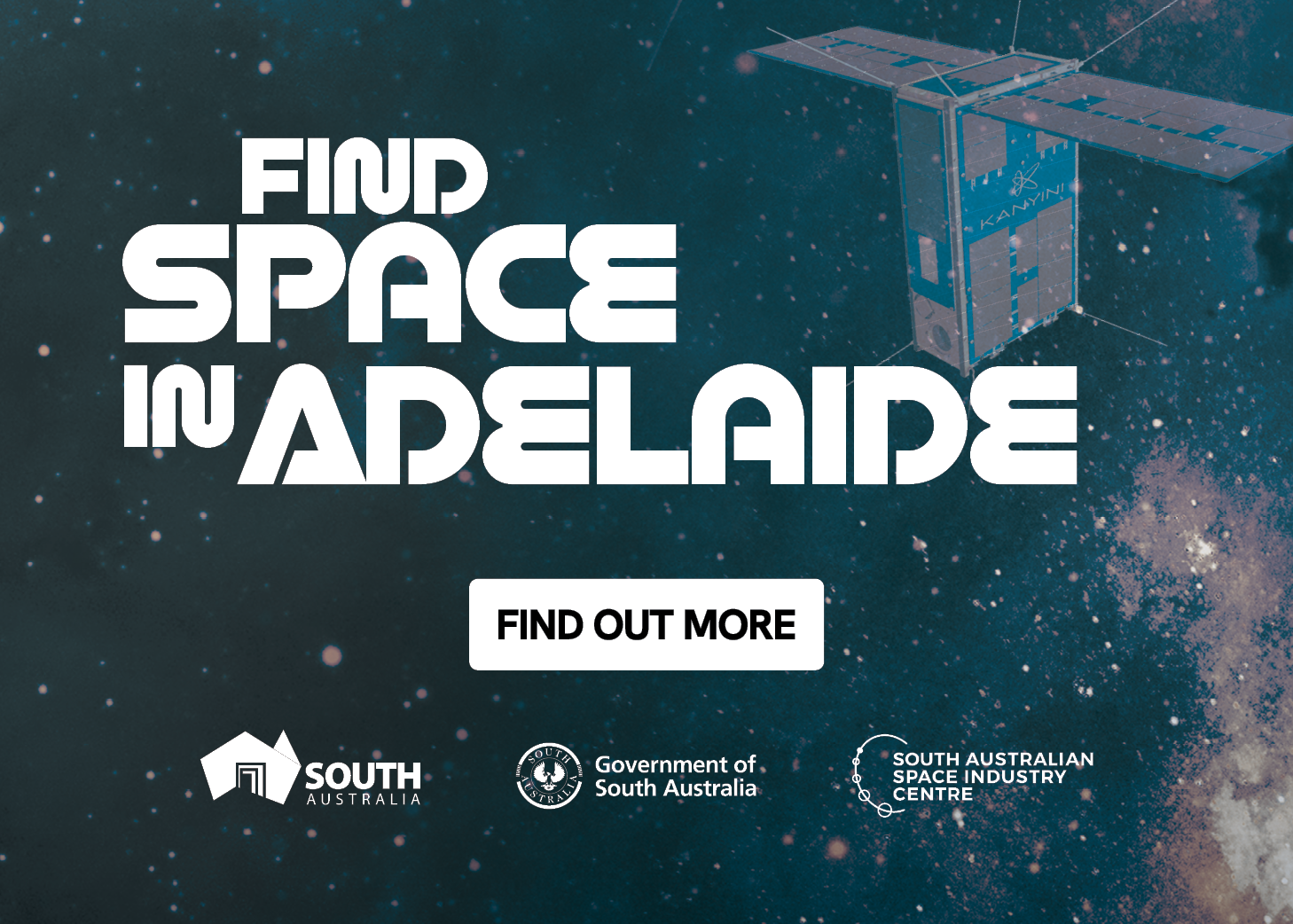Just a few short years after launching a space agency in Australia, we have the opportunity to be a strong, reliable and stabilising partner in our region and an effective space middle power.
Space now mirrors Earth’s geopolitics, including the tensions between competing greater powers, interdependencies between middle powers and smaller nations, commercial entities, geoeconomics, and human and climate security. And space has always been a domain of military operations and security, but global dependence on space-based technologies has made space a strategic domain.
We must protect our own and our allies’ and partners’ space systems, especially from cyber operations and other reversible interferences. Meaningful deterrence, multi-domain responses, and increased cooperation with allies and partners are the best ways to do this.
We need a sophisticated understanding of the threat environment, including the geopolitics, the multi-stakeholder environment, and the current international emphasis on reducing space threats through norms, rules and principles of responsible behaviours. If we wish to “shape, deter and respond”, according to the 2020 Defence Strategic Update, we must become a savvy player in the geopolitics of space and space diplomacy.
In April this year, Australia joined partner nations such as Canada, France, Germany, India, Japan and the UK, all of which have stood up joint Space Commands in recent years. Next to US Space Force, this list includes our key space and security partners, including the members of the Quad, AUKUS, and the “Five Eyes Plus” club making up the US-led Combined Space Operations Centre. Increasing space cooperation with these nations should include regional capacity building in the Indo-Pacific. Regional security will come through better empowerment of our smaller neighbours, and space is rich with opportunities to do this.
Australia has a history as an important provider of space-based technologies, including satellite communications, remote mining and farming technologies, ground-based sensing for ‘space situational awareness’–i.e. tracking objects in space – and support of US and Japanese space exploration. Australia now has the potential to extend our leadership in these areas.
To succeed, we must better equip our government workforce with space literacy and the ability to effectively engage with space sector stakeholders, including industry, academia, R&D, Indigenous communities, regional and global partners. This quarter, the Australian Centre for Space Governance (ACSG) will launch as an initiative of the Australian National University Institute for Space to serve this very need.
The ACSG has participation from Australia’s leading experts in space law, policy, security, strategy and governance from various institutions across our nation. Its mission is to advocate for Australia’s interests in space and set the agenda for responsible space governance. It does so through three pillars:
- Serve the nation’s space law and governance needs
- Provide space law and governance education nationally
- Produce interdisciplinary research to solve national and global space governance challenges
Australia’s potential to become an effective space middle power requires a strong, well-thought-out, and fully informed foundation to underpin any technological capabilities or operations. The ACSG aims to support the building of this foundation.













